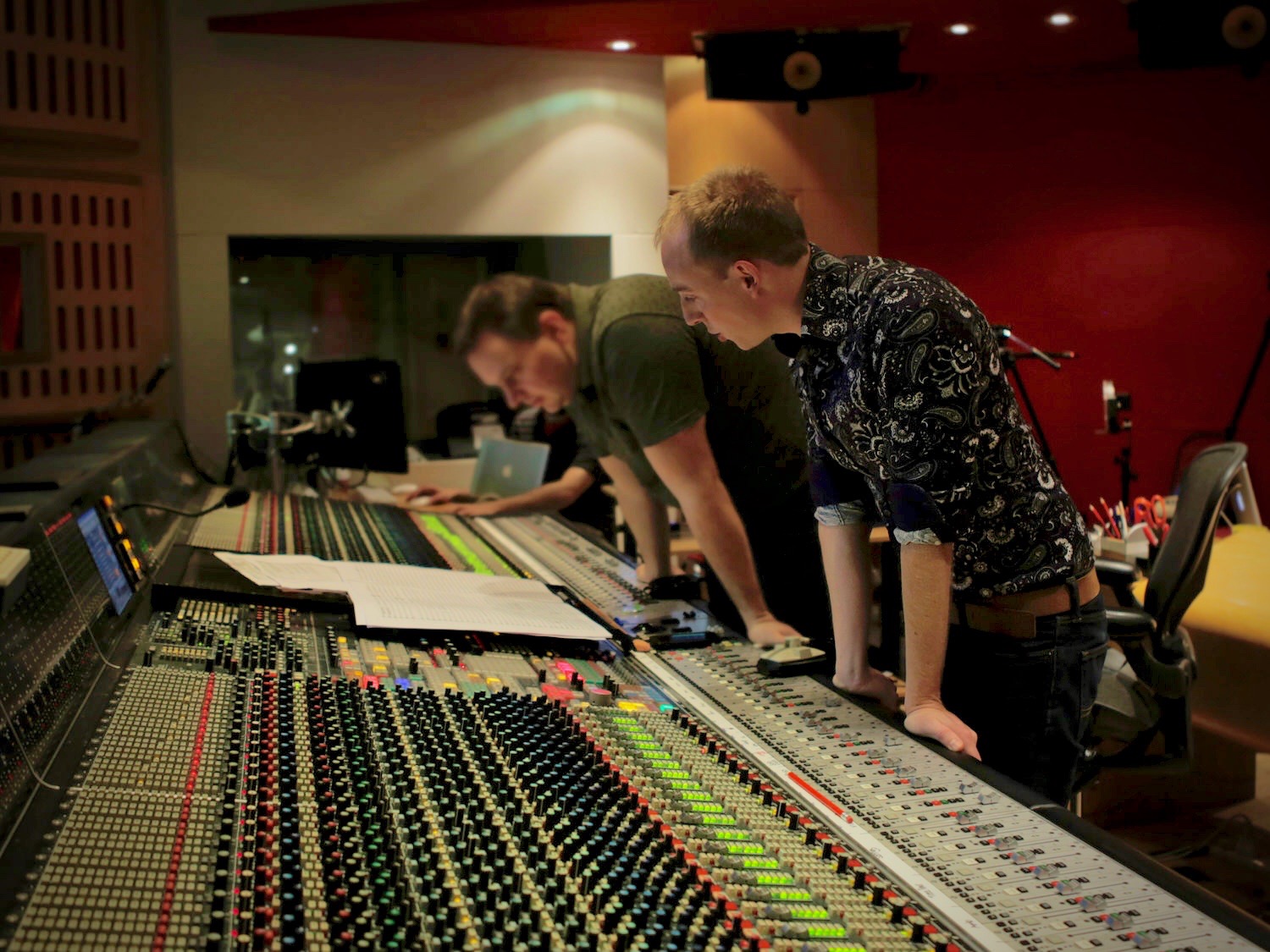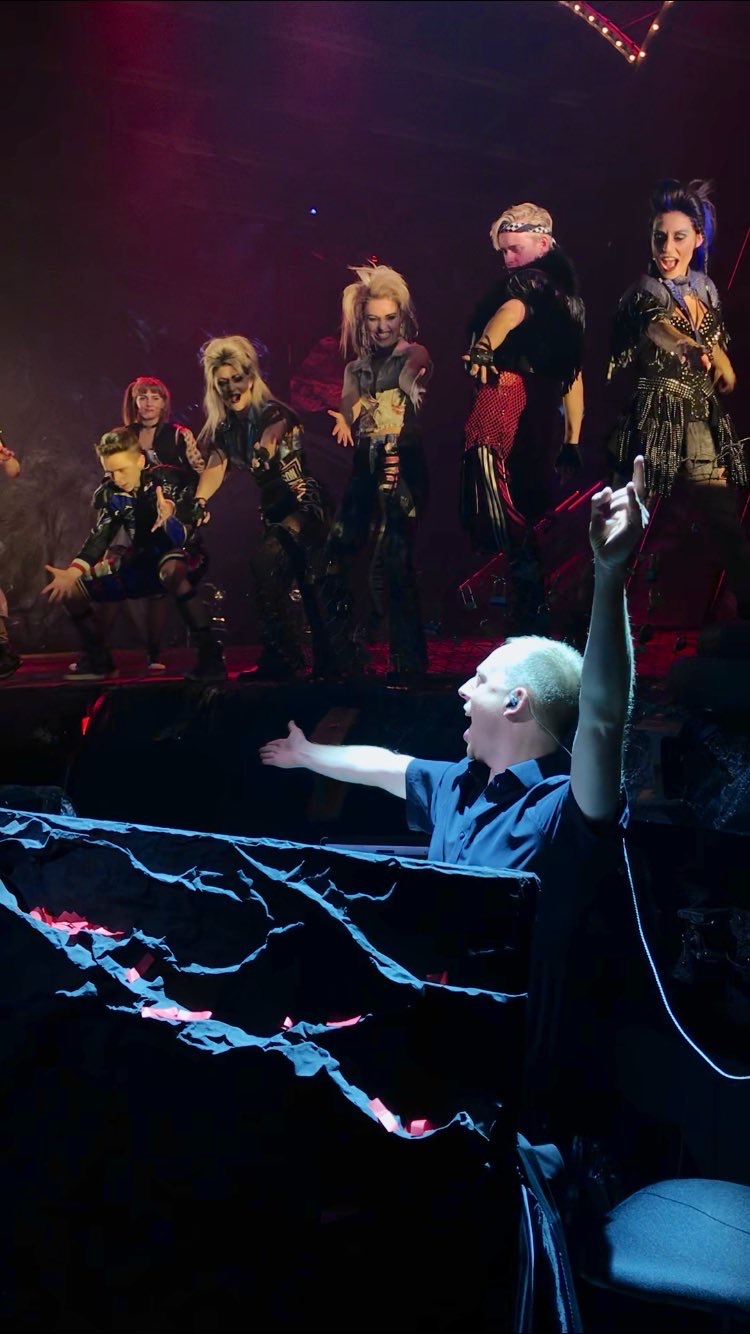The live events industry is in crisis. With all live events shut down and without proper government support, every professional working across the live events sector has suddenly found themselves without a source of income. One-third of professional musicians have not been able to access emergency support, and as a result many are considering giving up their careers entirely. Get Musicians Working is providing a helping hand to these out of work musicians.
Conductor, pianist and serial entrepreneur, Robert Emery is one such professional who has suddenly found himself with a lot of time on his (usually baton-wielding) hands. Last year, lockdown hit just two days before he was due to embark on a year and a half tour as the musical director of the Bat Out Of Hell musical.
He’d already begun work on Ted’s List in early 2020 – an educational website project aiming to be the go-to community for anyone needing advice on anything related to music and instruments – but decided he needed to do more.
Originally planned as an organic growth project, Emery aimed to write the majority of the content himself over the coming years. The unexpected large hole in his diary led him to realise that a far quicker timescale for building Ted’s List could be possible by enlisting other out-of-work musicians.
This is where Get Musicians Working was founded. Run by The Emery Foundation – a registered micro-trust charity – it is providing grants to musicians who are in need, who in return, create inspirational content for beginner and young musicians to be shared on Ted’s List.
By giving grants to these pro musicians, The Emery Foundation hopes to encourage them to stay in the arts and not become one of the 34% who are considering abandoning their careers in music.
“Get Musicians Working isn’t going to save lives,” Emery tells me. “It isn’t going to find a treatment for cancer. But during this period of enforced closure for the entertainment industry, it will help keep musicians in the career they've trained their whole life for.
"If we don’t do this, the nation will be a very quiet place. Imagine no music during films or TV, or in the theatre or venues – life will seem rather hollow; black and white. It's unimaginable, which is why I’m so passionate and determined to make a change.”
Due to recent government announcements in the UK, a hypothetical roadmap has been rolled out, leading to the gradual reopening of the country, and a return to live music and events. With a few music festivals seizing this opportunity to sell tickets with hope in sight for the summer, Emery points out that one of the biggest issues for live events organisers is the matter of insurance.






